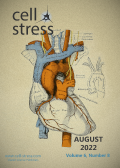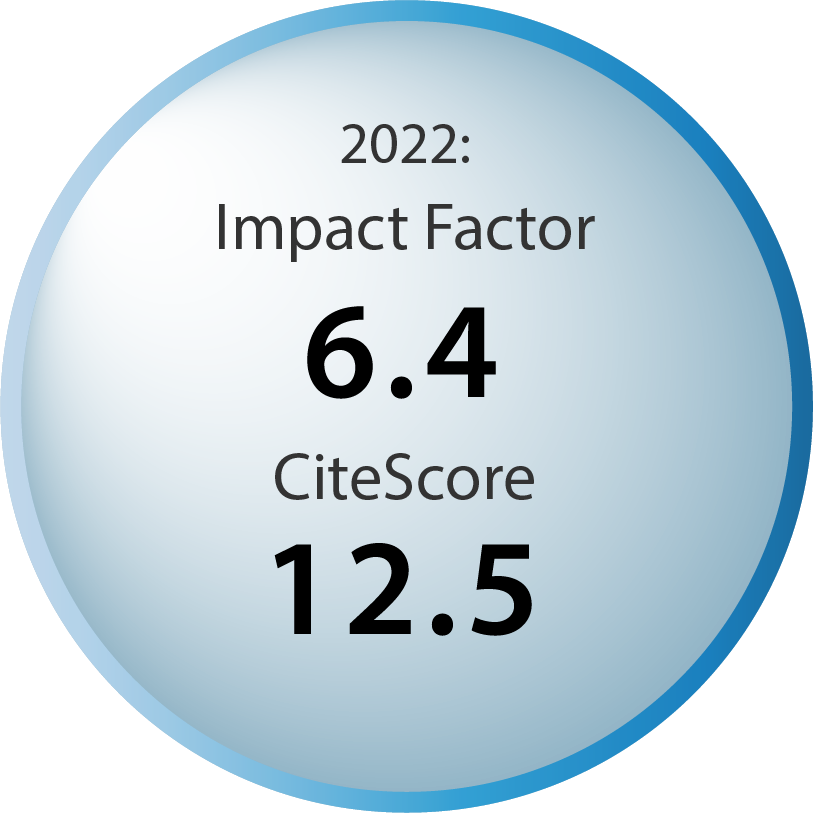Table of contents
Volume 6, Issue 8, pp. 72 - 75, August 2022
Cover:
This month in Cell Stress: PI3K signaling and cardiac function. Image depicts section through cervix from a patient in the 19th century. From: "Anatomy, descriptive and surgical" (1887) by Henry Gray, T. Pickering Pick, William W. Keen. Image Credit: Flickr under public domain. Image modified by Cell Stress. The cover is published under the CC BY 4.0 license.
Enlarge issue cover
Cardiac PI3K p110α attenuation delays aging and extends lifespan
Mahmoud Abdellatif, Tobias Eisenberg, Alexander Martin Heberle, Kathrin Thedieck, Guido Kroemer and Simon Sedej
News and thoughts |
page 72-75 | 10.15698/cst2022.08.270 | Full text | PDF |
Abstract
Phosphoinositide 3-kinase (PI3K) is a key component of the insulin signaling pathway that controls cellular metabolism and growth. Loss-of-function mutations in PI3K signaling and other downstream effectors of the insulin signaling pathway extend the lifespan of various model organisms. However, the pro-longevity effect appears to be sex-specific and young mice with reduced PI3K signaling have increased risk of cardiac disease. Hence, it remains elusive as to whether PI3K inhibition is a valid strategy to delay aging and extend healthspan in humans. We recently demonstrated that reduced PI3K activity in cardiomyocytes delays cardiac growth, causing subnormal contractility and cardiopulmonary functional capacity, as well as increased risk of mortality at young age. In stark contrast, in aged mice, experimental attenuation of PI3K signaling reduced the age-dependent decline in cardiac function and extended maximal lifespan, suggesting a biphasic effect of PI3K on cardiac health and survival. The cardiac anti-aging effects of reduced PI3K activity coincided with enhanced oxidative phosphorylation and required increased autophagic flux. In humans, explanted failing hearts showed increased PI3K signaling, as indicated by increased phosphorylation of the serine/threonine-protein kinase AKT. Hence, late-life cardiac-specific targeting of PI3K might have a therapeutic potential in cardiac aging and related diseases.



